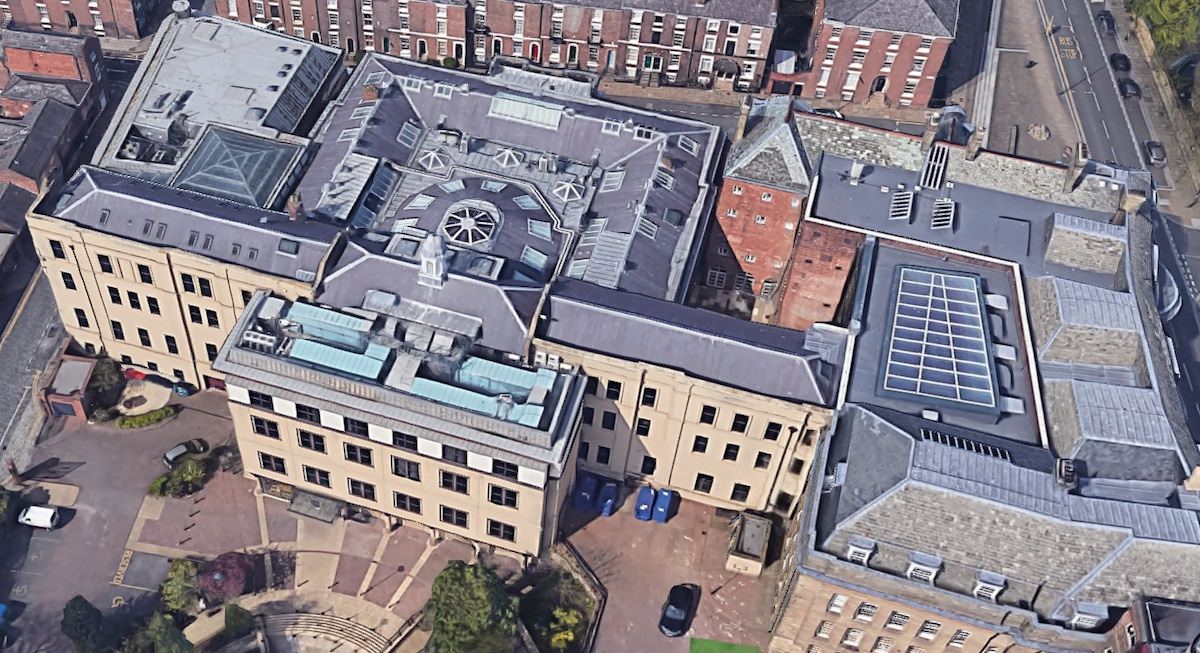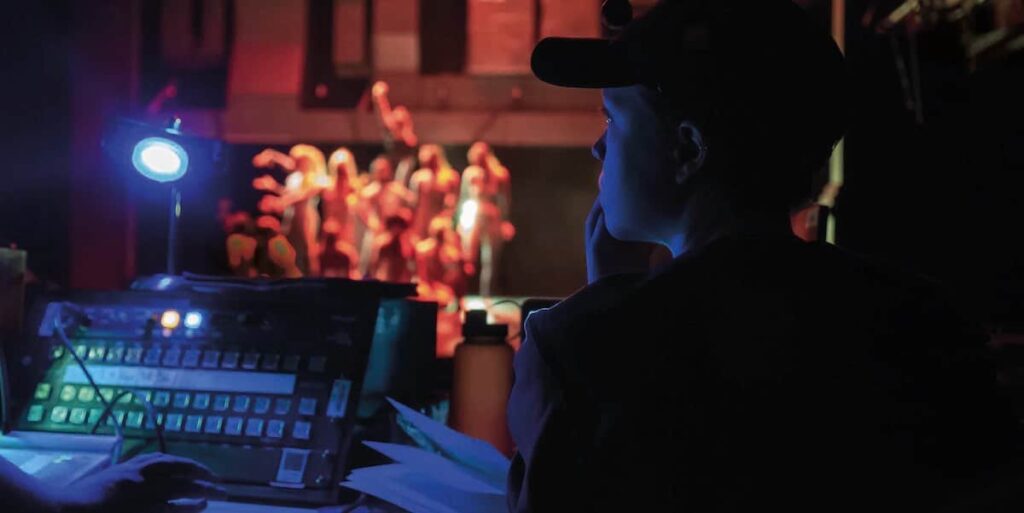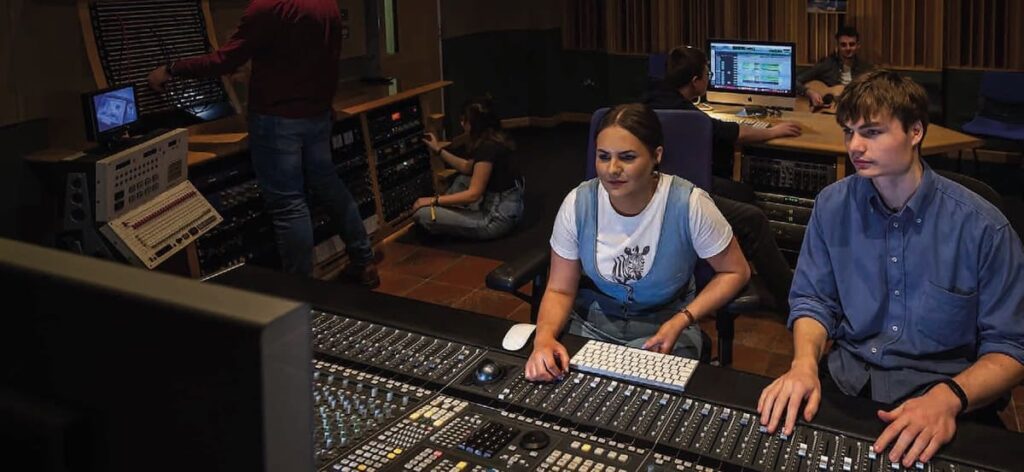
Founded in 1996 by Sir Paul McCartney and Mark Featherstone-Witty, the Liverpool Institute for Performing Arts is dedicated to providing the best teaching and learning for people who want to pursue a lasting career in the arts and entertainment economy, whether as performers or those who make performance possible.
The original project involved the complete refurbishment of the Grade II listed building which dated back to 1825 and had formerly been McCartney’s old grammar school.
The conversion of the original site into what LIPA is today required a highly complex building refurbishment, with Kimpton’s Contracts Division responsible for the original mechanical services installation at the site. The need to maintain the overall character of the listed building whilst accommodating the specific heating, ventilation and acoustic requirements of a modern auditorium venue presented a very challenging project.
Having successfully completed this and gained such detailed knowledge and understanding of the equipment and site, Kimpton Energy Solutions have been retained ever since to carry out the service and maintenance contract.


A rolling planned preventative maintenance (PPM) programme sees Kimpton Energy Solutions maintain monthly checks and assessment of all building services plant, augmented by call-outs and breakdown response in the event of any unforeseen problems.
The team are working on both the main LIPA site and the Sixth Form College campus too.
The maintenance work covers a wide range of highly efficient boiler plant, air handling and air conditioning units, pumps and pipework require ongoing service and maintenance with additional dedicated bi-annual programmes of work carried out by Kimpton at Christmas and LIPA’s ‘dark period’ in July when academic activities are at their quietest, and inconvenience to staff and pupils can be minimised.
In any education or working environment, it is important for there to be a steady supply of fresh air. This helps keeps people healthy and ensures CO2 levels are kept within agreed limits. Too much cool fresh air and those spaces can feel drafty and become hard to heat or maintain temperature. However, when we originally completed the conversion, Heat Recovery Units (HRU) were used throughout the building. These convert the warmth of the exhaust air, generated by people and their activity, and use it to warm the incoming air to heat the dance studios, music studios and teaching spaces.
In the summer months, when incoming heat is not required, the chiller unit on the roof, supplies cool air to the Air Handling Unit and supplies cool air throughout the building.
It is a system that works very efficiently, but requires regular planned and preventative maintenance, to ensure they continue to deliver optimal efficiency.


If you would like to discuss any of our services, please call 0151 343 1963 or complete the form below and we will be in touch shortly.